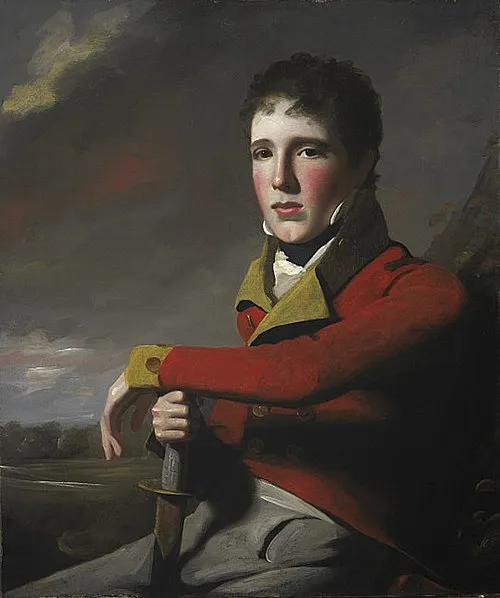
Name: William Sturgeon
Nationality: English
Profession: Physicist
Notable Invention: Electric motor
Birth Year: 1783
Death Year: 1850
1850 – William Sturgeon, English physicist, invented the electric motor (b. 1783)
On a crisp autumn day in 1850, the hum of innovation filled the air in England as William Sturgeon, a man whose life had been defined by curiosity and invention, unveiled his groundbreaking creation: the electric motor. Born in 1783, Sturgeon was not merely a product of his time; he was an emblem of the burgeoning age of science and technology that would come to shape the modern world. His journey began much earlier, when he first caught wind of electricity's potential while experimenting with magnetism.
Sturgeon's early years were marked by struggles that many would find insurmountable. He faced an uphill battle against societal expectations and personal hardships, yet his passion for physics remained unwavering. Perhaps it was this tenacity that drove him to explore uncharted territories within electrical engineering. It’s noteworthy that during this era, many viewed electricity as nothing more than a curious anomaly rather than an essential force capable of transforming industry.
However, Sturgeon’s relentless pursuit led him to pivotal moments like when he crafted an electromagnet capable of lifting heavy weights. This astonishing feat didn't just capture the attention of his contemporaries; it set off a chain reaction in technological development! Ironically, while many were still skeptical about the practical uses of electricity beyond simple experiments, Sturgeon foresaw its vast potential for machinery.
As he delved deeper into electromagnetism, Sturgeon's breakthrough came with the invention of what we now recognize as the electric motor. By harnessing electrical energy to create motion a seemingly simple concept he sparked one of history's most significant revolutions. Who knows how different our present-day lives would be if not for this remarkable leap? The implications stretched far beyond mere mechanics; they ushered in an era where machines could operate independently from human power!
The impact was felt almost immediately across various sectors from transportation to manufacturing as industries sought ways to integrate this newfound power source into their operations. In fact, some historians argue that without Sturgeon's contribution to electric motors, subsequent advancements such as railways or even household appliances might have taken decades longer to develop.
This transformation wasn’t without its challenges though! Despite being heralded as a pioneer among scientists and inventors alike, Sturgeon faced significant hurdles in gaining recognition during his lifetime often overshadowed by more famous figures like Michael Faraday or Thomas Edison who emerged later on their respective paths toward electrification.
Even so... perhaps what makes William Sturgeon's story compelling isn’t just about inventions but also about resilience amid adversity! He continued refining his designs through trial and error a hallmark trait shared among all great innovators throughout history.
The Legacy
By 1850 when he finally unveiled his work on electric motors publicly at various scientific forums... it marked not only a personal triumph but also set off ripples across Europe where engineers began experimenting further along similar lines! The eventual proliferation meant more efficient machinery which led countries worldwide down new avenues towards industrialization!



